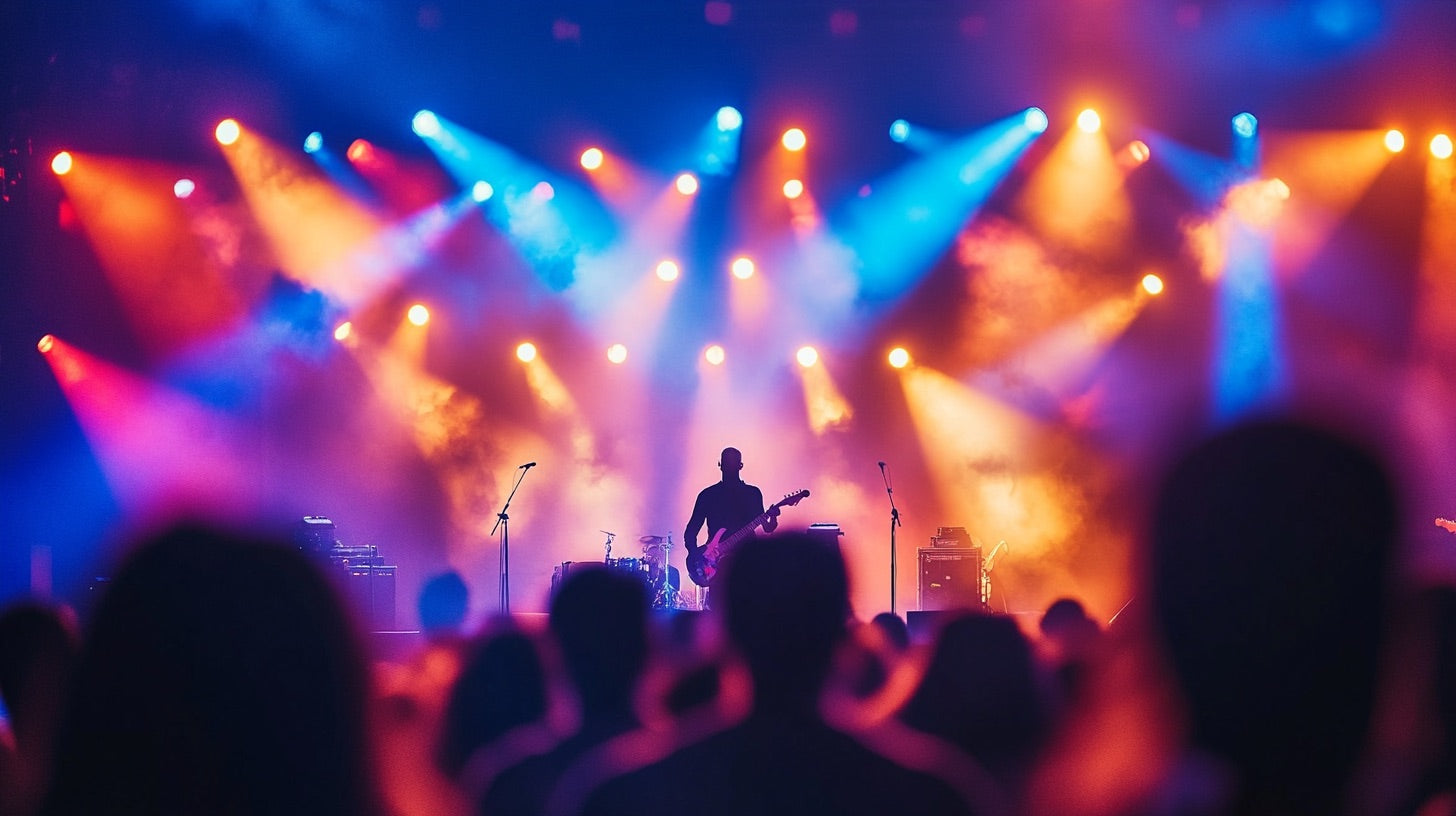Let’s face it, concerts are meant to be fun. You’re there to enjoy the music, maybe catch up with friends, and let loose just a little. But sometimes, things don’t go as planned, and you might find yourself in some unfortunate situations. If you’re charged with public intoxication at a concert in Michigan, there are a few things you need to know, including the legal consequences and what steps you can take next.
Public intoxication itself is not a chargeable offense in Michigan. However, if your behavior due to intoxication causes a disturbance, you can be charged with disorderly conduct or related offenses. Let’s break it down and look at what could happen under Michigan law if you’re arrested for public intoxication at a concert.
What Can You Be Charged With?
As mentioned, while Michigan doesn't have a specific law against public intoxication, the police may charge you with related offenses if your behavior disrupts the peace or puts you or others in danger. Some of the charges you might face include:
- Disorderly Conduct: This is one of the most common charges related to public intoxication. If you're acting unruly, causing a scene, or disturbing others at the concert, you may face this misdemeanor charge. Penalties can include fines, community service, or even jail time depending on your behavior. In serious cases, the court could even order you to attend alcohol counseling or enroll in a treatment program.
- Minor in Possession (MIP): If you're under 21 and caught drinking or intoxicated, this could lead to an MIP charge. Michigan takes underage drinking seriously and consequences can include fines, suspension of your driver’s license, and mandatory educational programs on the dangers of alcohol.
- Resisting Arrest or Assaulting an Officer: If things get heated and you resist law enforcement during the incident, you could be looking at more severe charges. Physical resistance or aggressive actions toward officers can carry heavier consequences, including felony charges, substantial fines, and potential jail time.
What to Expect After an Arrest
So you’ve been arrested at the concert, what can you expect next? You’ll likely be detained and taken to jail to sober up. If you’re cooperative, you might be released once you’re no longer intoxicated. But if the police decide to press charges for disorderly conduct or another offense, you may have to post bail or bond to be released.
The next step will be your court appearance. This is where you'll officially hear the charges against you (if any), and you’ll have the opportunity to enter a plea. Depending on the charge, your case could be handled in a local district court.
Penalties You Could Face
The consequences can vary depending on the severity of your behavior and prior criminal history. If it’s your first offense, you might face lighter penalties, such as a fine, community service, or alcohol education programs.
In more severe cases or for repeat offenders, you may be looking at:
- Fines: Disorderly conduct fines can range from $100 to $500 depending on the specifics of the case.
- Probation: Instead of jail time, you could be subject to probation, which may come with strict conditions to follow, like avoiding alcohol or further run-ins with the law.
- Jail Time: While typically reserved for more serious cases, particularly if there’s violence or resisting arrest involved, you could face up to 90 days in jail for disorderly conduct.
- Mandatory Treatment Programs: The court could order you to attend alcohol or anger management classes if it sees fit, particularly if alcohol abuse seems to be a contributing factor in your behavior.
Tips on Handling an Arrest for Public Intoxication
It’s a stressful experience, but staying calm and remaining level-headed can help minimize the damage. Here are some tips if you find yourself in this situation:
- Stay polite and respectful to law enforcement. Resisting, arguing, or being hostile will only make your situation worse.
- Avoid resisting arrest or escalating the situation in any way. Running or resisting can lead to additional charges that carry serious penalties.
- Contact a lawyer as soon as possible. The sooner you get legal counsel involved, the better your chances of avoiding harsher penalties.
- Be honest with your attorney about the facts of the case. They’re there to help, and the more information they have, the better they can defend you in court.
How A Lawyer Can Help
If you’ve been charged with disorderly conduct or any related offense, working with a criminal defense attorney is crucial. A good lawyer in Michigan will help by analyzing the facts of your case, identifying any possible defenses, and negotiating with the prosecution for reduced penalties or even a dismissal in some cases.
For example, if the police didn’t have probable cause for your arrest or didn’t properly read you your rights, an experienced attorney could get your charges dropped. Additionally, your lawyer may be able to negotiate a diversion program, where the charges could be cleared from your record after completing community service or an alcohol education class.
Conclusion
A concert should be a carefree night of fun, but if things go sideways and you end up charged with public intoxication-related offenses, it’s essential to take the situation seriously. With the right mindset, response, and legal representation, you can minimize the legal impact and get back to enjoying life. If you find yourself in this situation, don’t hesitate to reach out to legal counsel for guidance through what can be a challenging process in Michigan law.


Share:
Accidentally Carrying a Concealed Weapon: Understanding Your Legal Rights and Options
Understanding Your Rights: What to Do If You're Pulled Over Driving Home from a Party